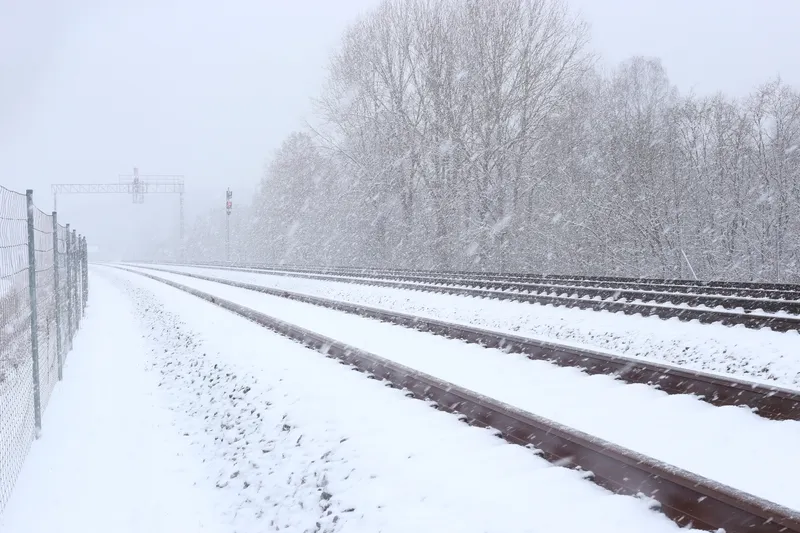Finland is aiming to go green in a big way by cutting road transport emissions.
The country’s minister of transport and communications, Sanna Marin, has appointed a working group to prepare the country’s roadmap for fossil-free transport.
Marin says: “The aim is to create a range of means for cutting transport emissions by half over the next decade. The solutions must be ecologically, financially and socially sustainable.”
The government says transport emissions accounted for one fifth of Finland’s total emissions in 2018 with more than 90% coming from road transport.
The working group is to identify milestones in fossil-free transport and assess the cost-effectiveness and efficiency of various measures. The roadmap will also cover emissions reduction commitments in different areas of transport.
Sabina Lindström, director general of the ministry’s network department, will chair the working group. Its members include Automobile and Touring Club of Finland, Finnish Energy and the Finnish Bus and Coach Association.
The work begins this month and will be accompanied by various consultations and a request for comments on the roadmap.
Finland prepares ‘fossil-free transport’ roadmap
Finland is aiming to go green in a big way by cutting road transport emissions.
The country’s minister of transport and communications, Sanna Marin, has appointed a working group to prepare the country’s roadmap for fossil-free transport.
Marin says: “The aim is to create a range of means for cutting transport emissions by half over the next decade. The solutions must be ecologically, financially and socially sustainable.”
The government says transport emissions accounted for one fifth of Finland’
November 12, 2019
Read time: 2 mins










